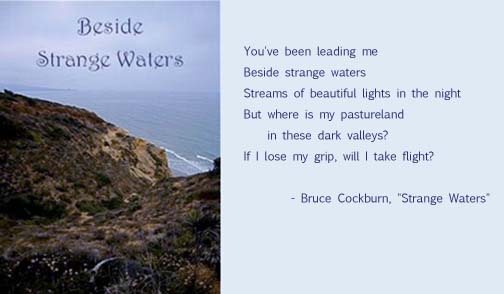Help, in the form of written interpretations, university-level lectures, or discussion with a literary friend, allows me to enjoy reading difficult novels or poetry that I might otherwise abandon. Similarly, accountability helps: if I have to take a test or teach a particular book, I will read and re-read even the most difficult literary works until I have mastered them.
Different kinds of text present different challenges for individual readers, depending on that person's reading skills, background knowledge, and interest in the topic. For example, if a child has an interest in a subject and has acquired a significant amount of background information on a topic, that student might whiz through a text that is overwhelmingly difficult to other students reading on the same grade level. So a first-grader who loves dinosaurs may be able to read books far beyond his normal reading level, because he knows and loves dinosaurs, and he is highly motivated to master books about his favorite animals.
On the other hand, my sixteen-year-old students who love "auto shop" and messing around with engines can comprehend a Chilton's manual, but generally think that Shakespeare is impossible and boring. These sophomores reject Julius Caesar because: the text is years above their reading level; they lack background knowledge about Rome; and they have no interest in Renaissance England, politics, or drama.
You can see, then, how for different readers, the same text might fall into one of three categories:
(1) the independent reading level (what I can comprehend and enjoy on my own),
(2) the instructional reading level (what I can comprehend with help from a teacher or well-informed friend), or
(3) my frustrational level (what I cannot comprehend because it is way too hard for me, even with help).
And the same text, whether it is Shakespeare or Chilton, will fall into different categories for different people.
As a fellow teacher, I understand Professor Davis's frustration. Nevertheless, it is far more useful for an instructor to discover why students are not completing assignments than to blame society, technology or our students for their failure to read. Today's non-reading students may be encountering difficulties because they lack interest and background knowledge, or because of poor reading skills. It's our responsibility, as mentors and teachers, to find out what our students need in order to be successful, and to do our absolute best to help them succeed.
Today's Links
Misunderstood Minds: Difficulties with Reading
Preventing Reading Difficulties and Reading Failure: Early Intervention and Prevention - lots of great information for parents and teachers
Introducing the book - one of my favorite-ever videos - a medieval tech-support guy teaches a monk how to use the newest technology
